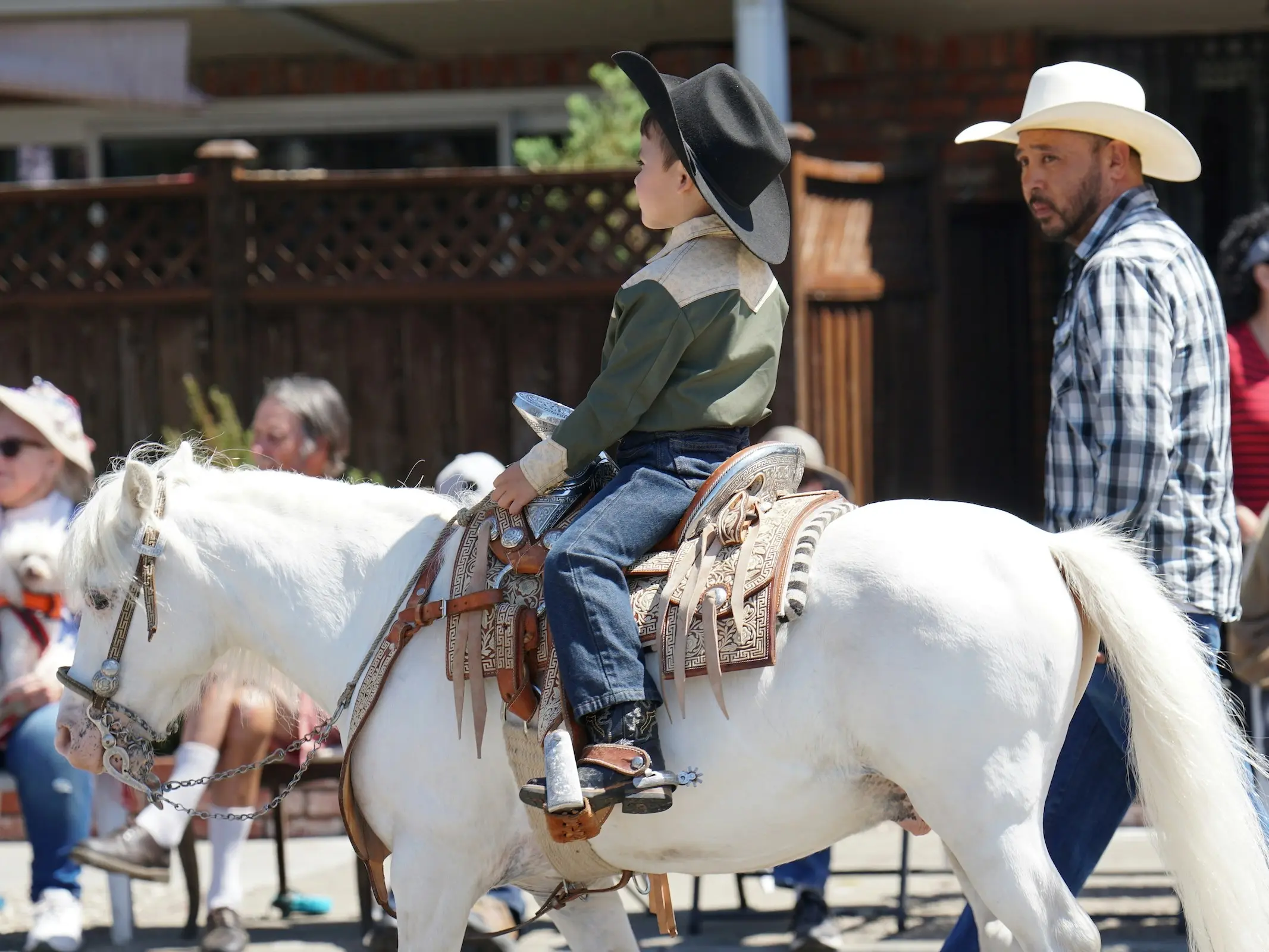
Originally Shetland Ponies come from the Shetland Islands of Scotland, where they have roamed for millennia. They were imported to North America during the late 19th century for work in coal mines.
Read more
Horseology Category
Disney Celebrates Year of the Horse with Special Sourdough Bread

Disney California Adventure is welcoming the Year of the Horse in equine style with a special horse-shaped sourdough bread for the 2026 Lunar New Year. Read more
American Saddlebred Horse – Breed Spotlight

The handsome bearing and smooth strides of American Saddlebred Horses is a product purely of the American South. Developed as a stylish-but-comfy mount for plantation owners and later for the show ring.
Read more
Keeping Your Equine Companion Healthy Year-Round
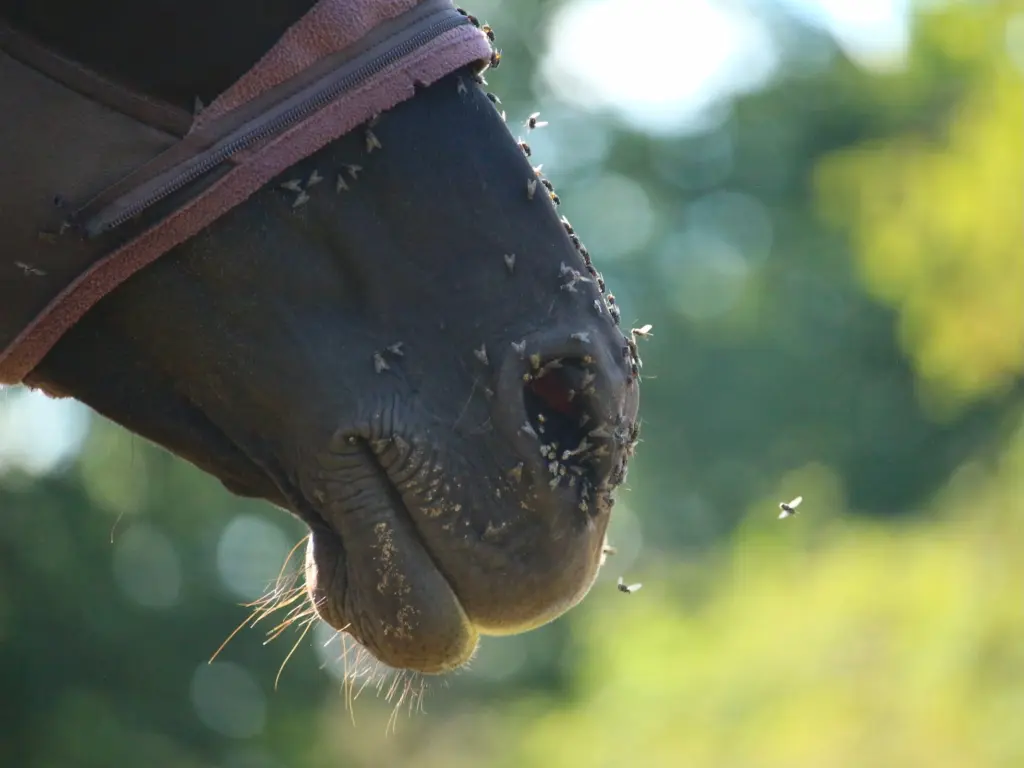 Caring for a horse is a year round commitment and each season presents its own set of challenges. Read more
Caring for a horse is a year round commitment and each season presents its own set of challenges. Read more
Horse Vet Prepares for Historic Andes Equestrian Expedition
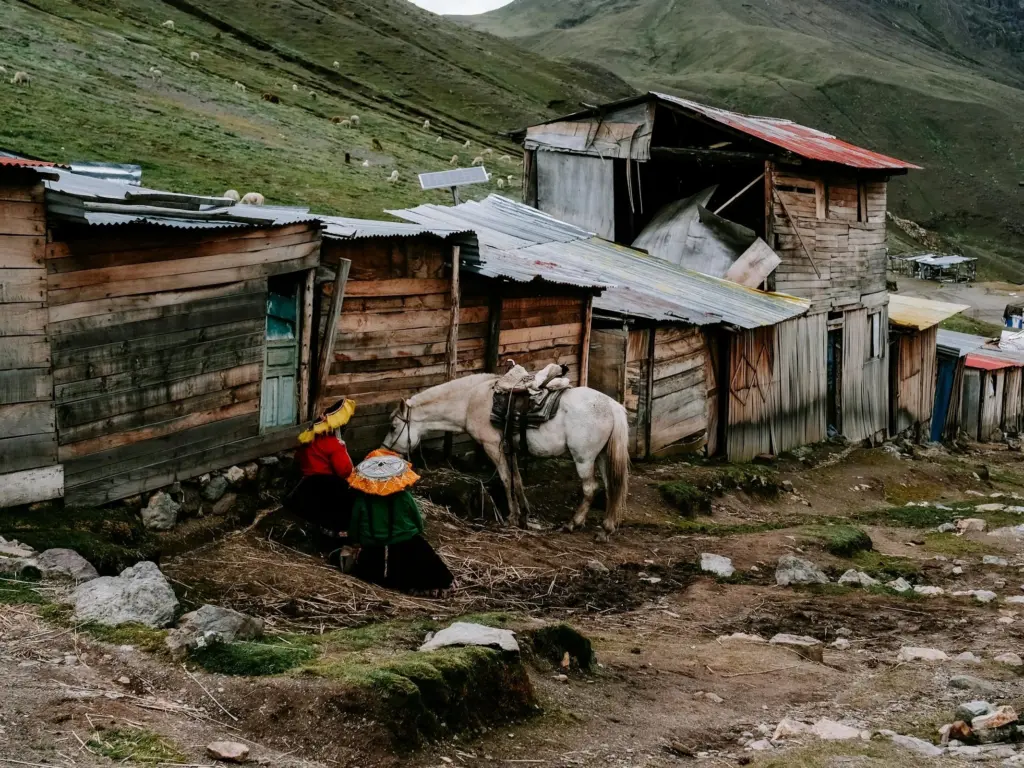
An equine veterinarian is prepping for an extraordinary challenge, she is joining a pioneering horseback journey across the Andes. Read more
American Paint Horse – Breed Spotlight
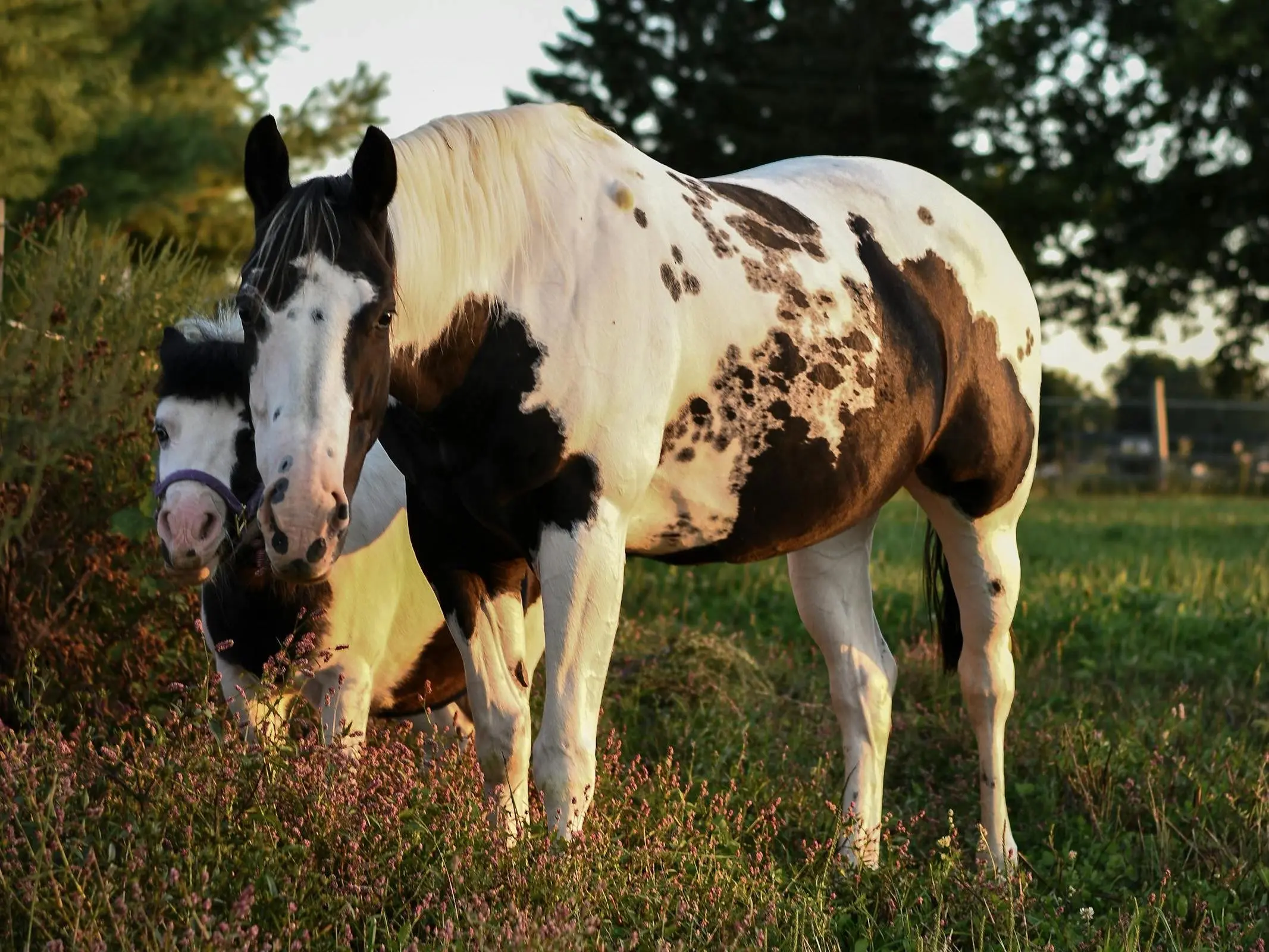
There is perhaps nothing prettier than a spotted horse and it’s no surprise that they are a breeder favorite. The American Paint Horse is bred in part for their striking pinto white patterns, but also for performance.
Read more
American Mustang Horse – Breed Spotlight
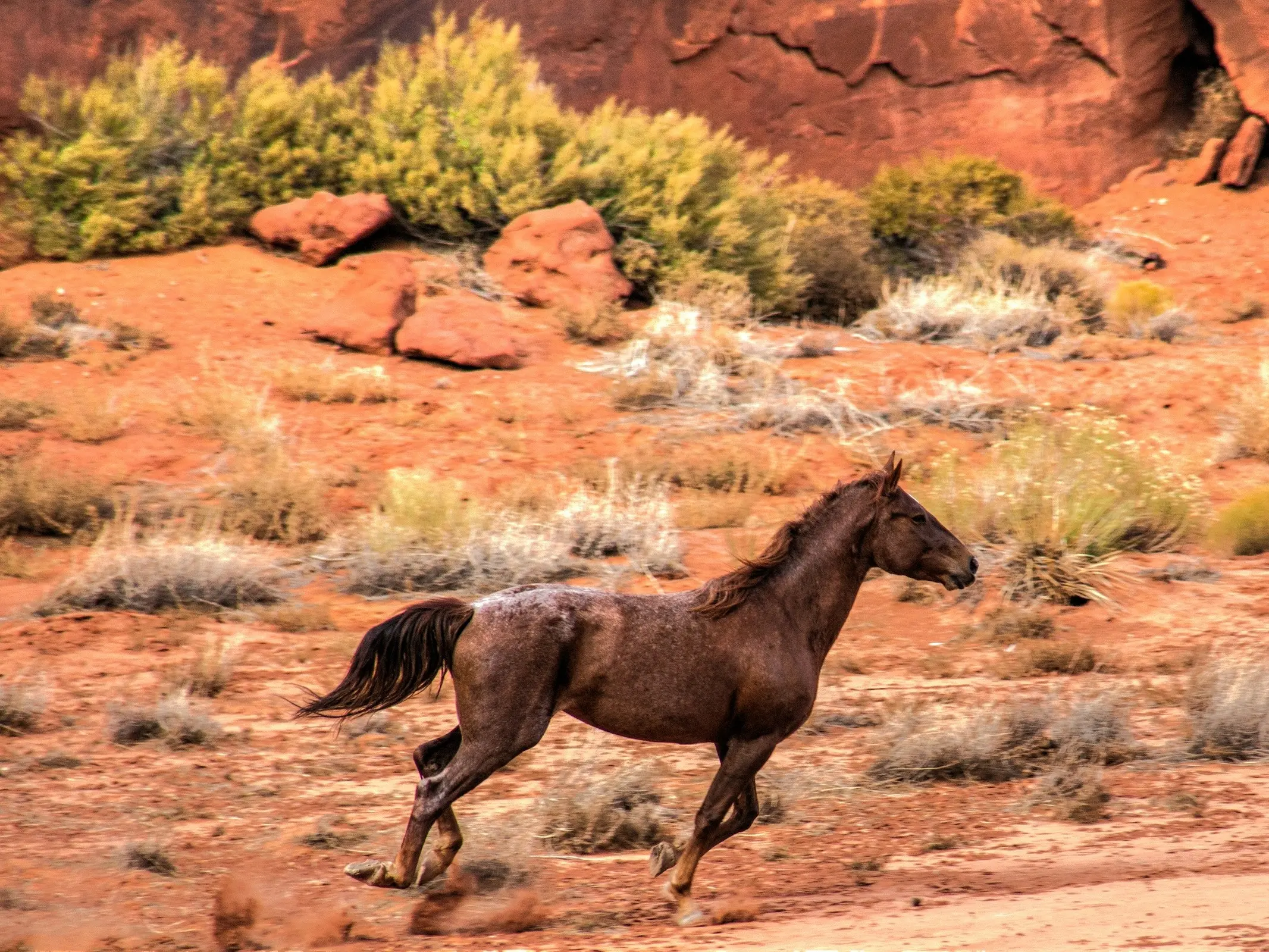
A large percentage of horses that historically run wild in the United States owe their bloodlines to animals imported during the 16th century by the Spanish for exploring. American Mustangs are ancestors of this hardy working stock.
Read more
American Miniature Horse – Breed Spotlight
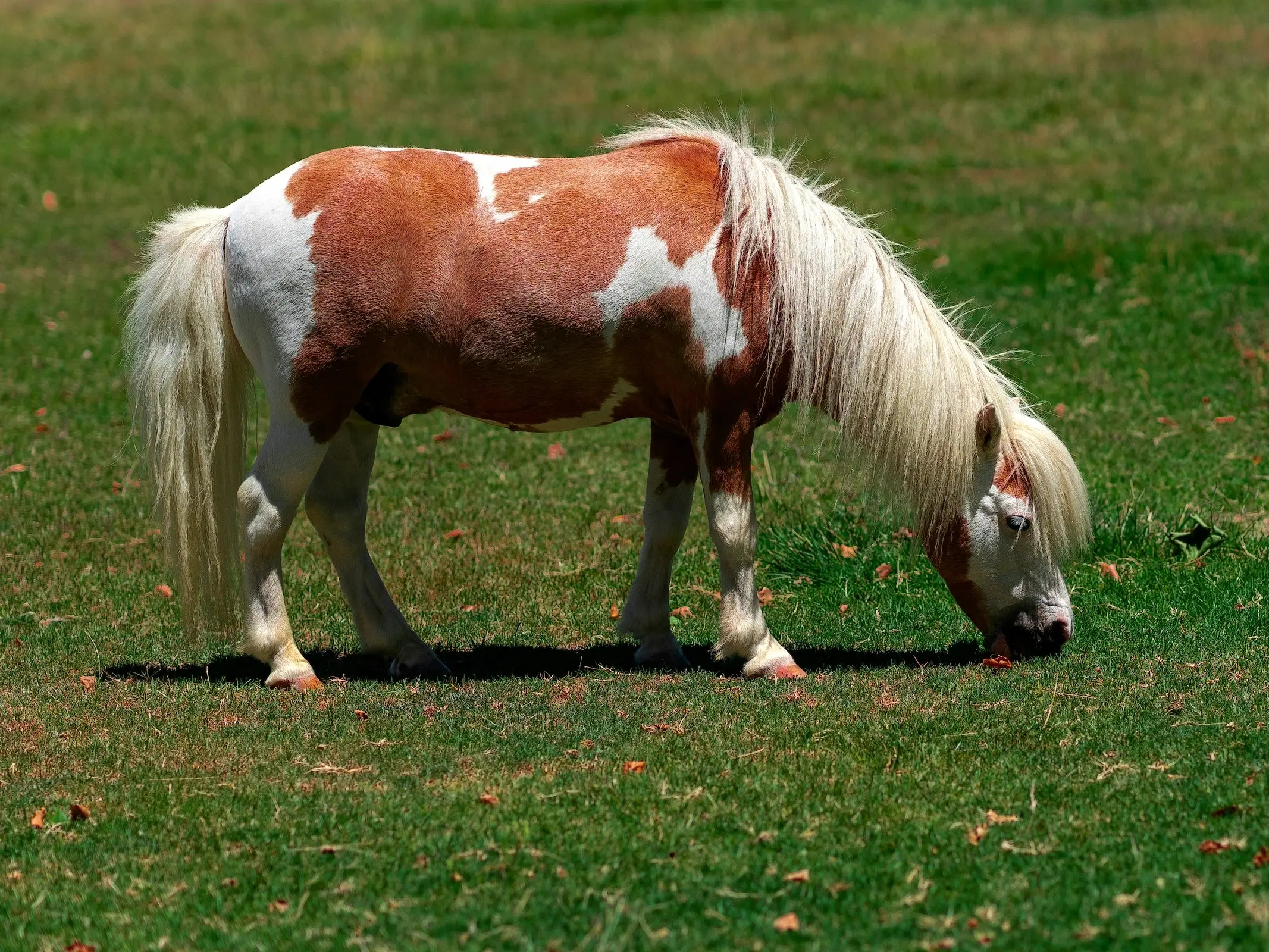
There is something incredibly cute about a well-bred mini horse. American Miniature horses are no exception, the goal of breeding being an animal under 38″ or 9.5 hands tall with proportions similar to a horse. Essentially a miniaturized horse to scale, without typical pony characteristics.
Read more
American Mammoth Jack – Breed Spotlight
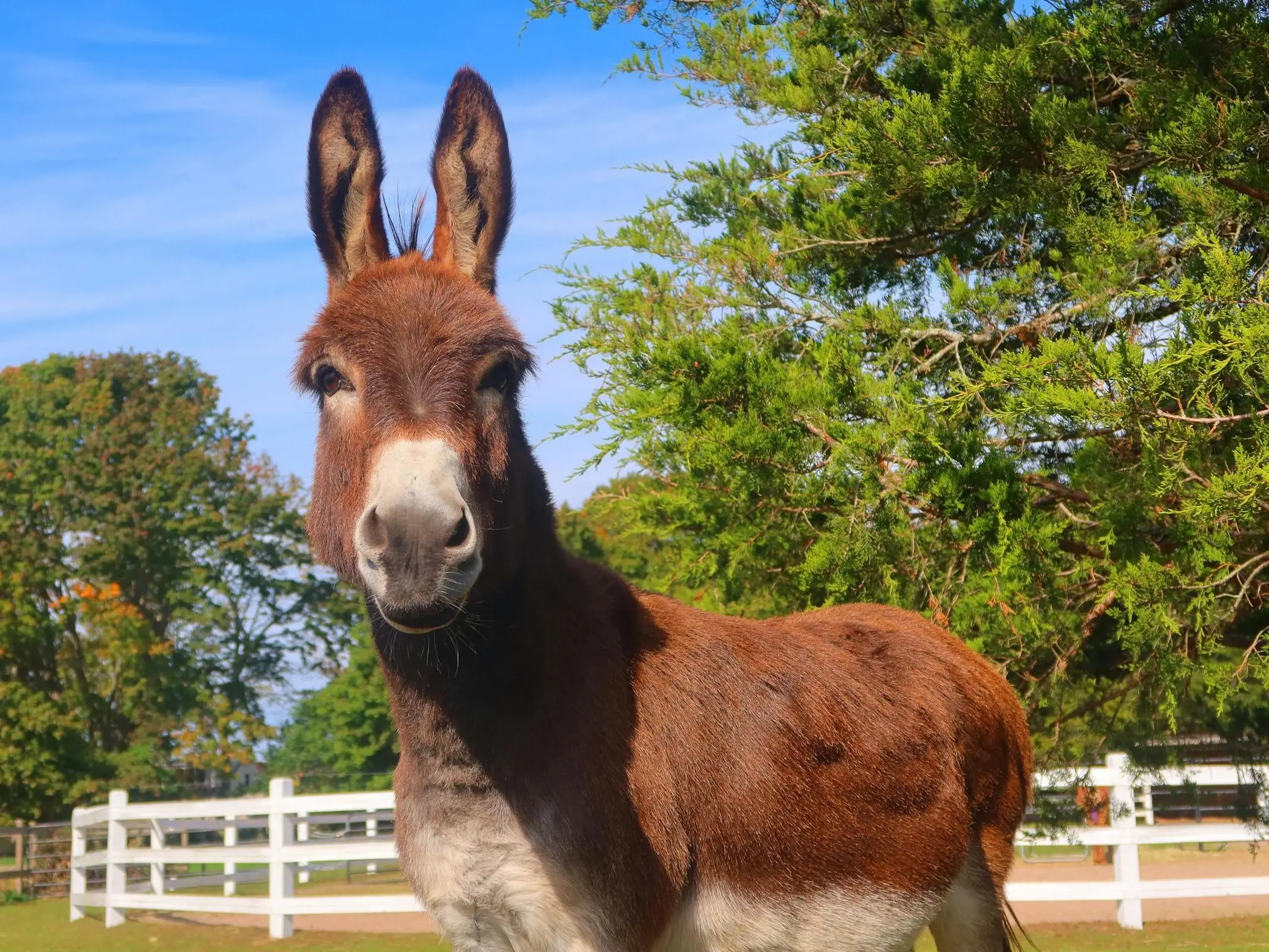
We know they are not horses, but how could anyone resist that face? The American Mammoth Jack has been bred in the US since the 18th century. Their strength, robust nature and sheer bulk made them extremely useful for agriculture and transporting loads.
Read more
American Indian Horse – Breed Spotlight
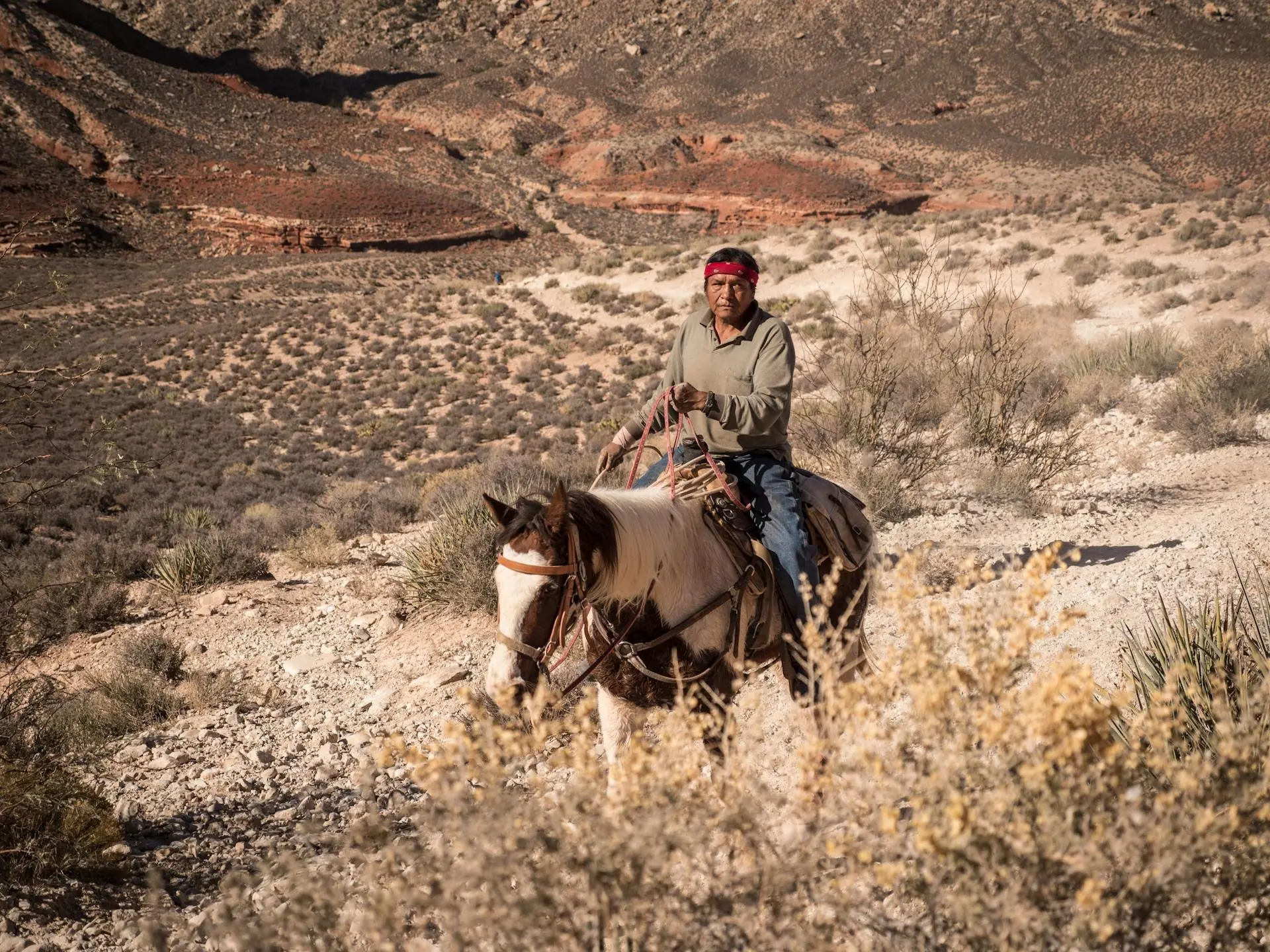
Known by a large variety of different names, the American Indian Horse is a broad term that encompasses a variety of different types. Most of them based on animals left behind during the initial exploration and colonization of the American continents.
Read more
American Drum Horse – Breed Spotlight
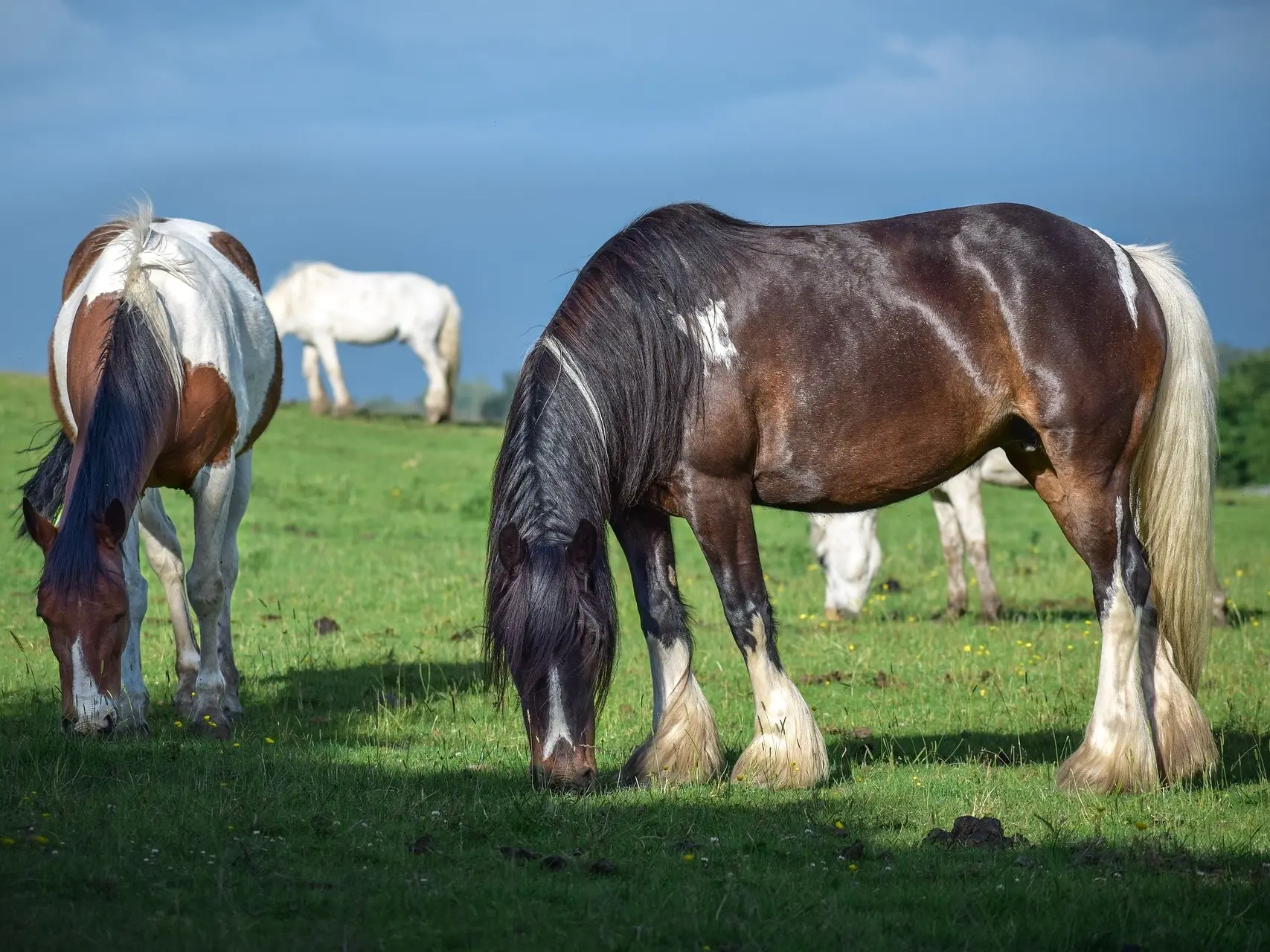
Drum horses have been used in various European countries for centuries, often in pageantry associated with royalty. The American Drum Horse is based on a deep foundation of strict breeding practices and high quality genetics.
Read more
American Cream Draft Horse – Breed Spotlight
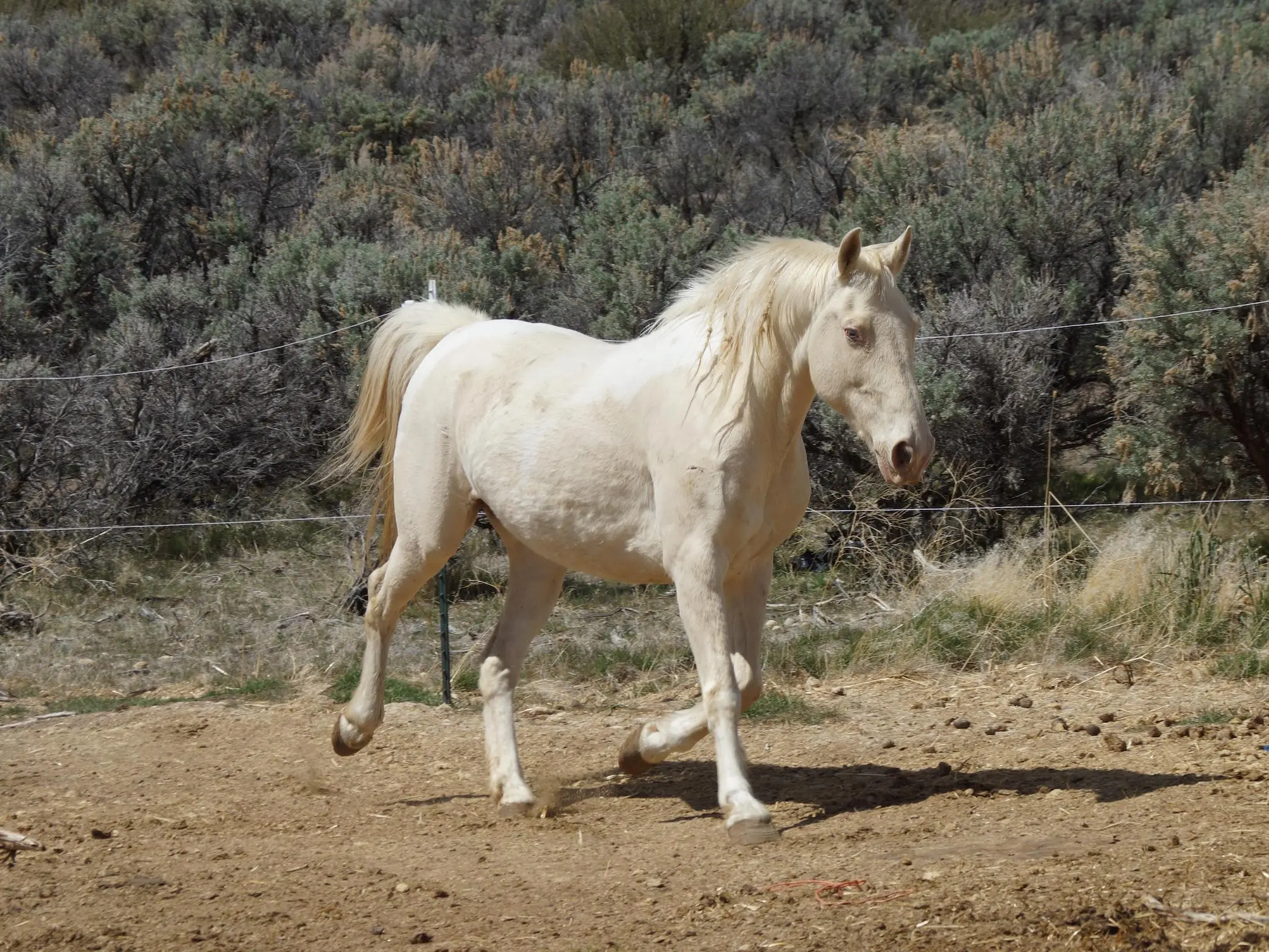
The American Cream Draft is a color breed and one of the few draft registries solely for animals which carry a champagne dilution gene (sometimes paired with cream). Champagne is among the most distinct and unique of known equine dilutions.
Read more